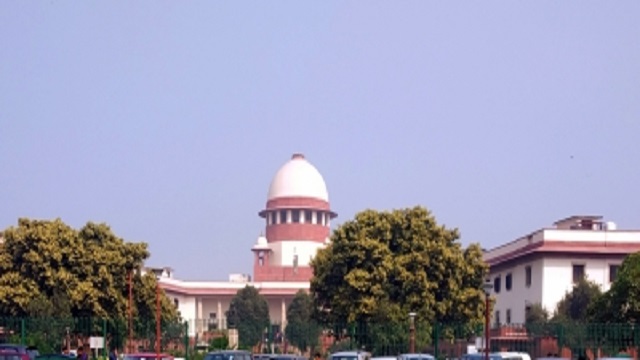New-Delhi: In a landmark decision, the Supreme Court on Thursday said that daughters are now entitled to inherit fathers self-acquired and other properties if he dies without making a will.
The judgement came after an appeal against the Madras High Court verdict which dealt with the property rights of Hindu women and widows under the Hindu Succession Act.
The bench was dealing with the legal issue concerning the right of the daughter to inherit the self-acquired property of her father, in the absence of any other legal heir.
If a property of a male Hindu dying intestate (without a will) is a self-acquired property or obtained in the partition of a coparcenary or a family property, the same would devolve by inheritance and not by survivorship, and a daughter of such a male Hindu would be entitled to inherit such property in preference to other collaterals (such as sons/daughters of brothers of deceased father),” a bench of justices S Abdul Nazeer and Krishna Murari said.
Justice Murari, writing the 51-page judgment for the bench, also dealt with the question of whether such property will devolve on to the daughter upon the death of her father, who died without a will, by inheritance or shall devolve on to “father’s brother’s son by survivorship.”
“Right of a widow or daughter to inherit the self-acquired property or share received in the partition of a coparcenary property of a Hindu male dying intestate is well recognized not only under the old customary Hindu Law but also by various judicial pronouncements,” the verdict said.
If a female dies without leaving any issue/will , then the property inherited by her from her father or mother would go to the heirs of her father whereas the property inherited from her husband or father-in-law would go to the heirs of the husband, it said.




 Kalinga AI
Kalinga AI